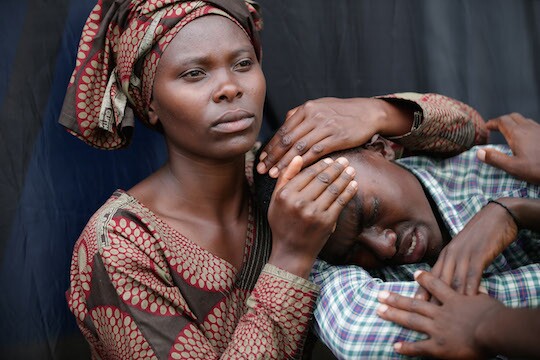This week marks the 20-year anniversary of the start of the Rwandan genocide.
In 1994, from April 7 to mid-July, around 800,000 Tutsis and moderate Hutus were slaughtered by the Hutu majority during the country's Civil War. The UN and western countries — including the US — were criticized for their lack of response.
Now, 20 years later, the memories of these horrific events are being commemorated in Kigali, Rwanda and around the globe. However, these memories can still be fresh to survivors who've lived through the violence and to perpetrators who committed it.
For look at the process of reconciliation that started two decades ago and continues today, we're also joined by Lisa Pruitt, a professor of law at UC Davis and has consulted in the prosecution of sex crimes for the International Criminal Tribunal in Rwanda.



